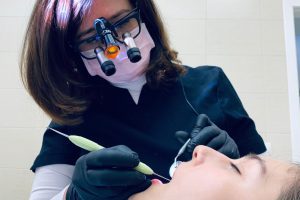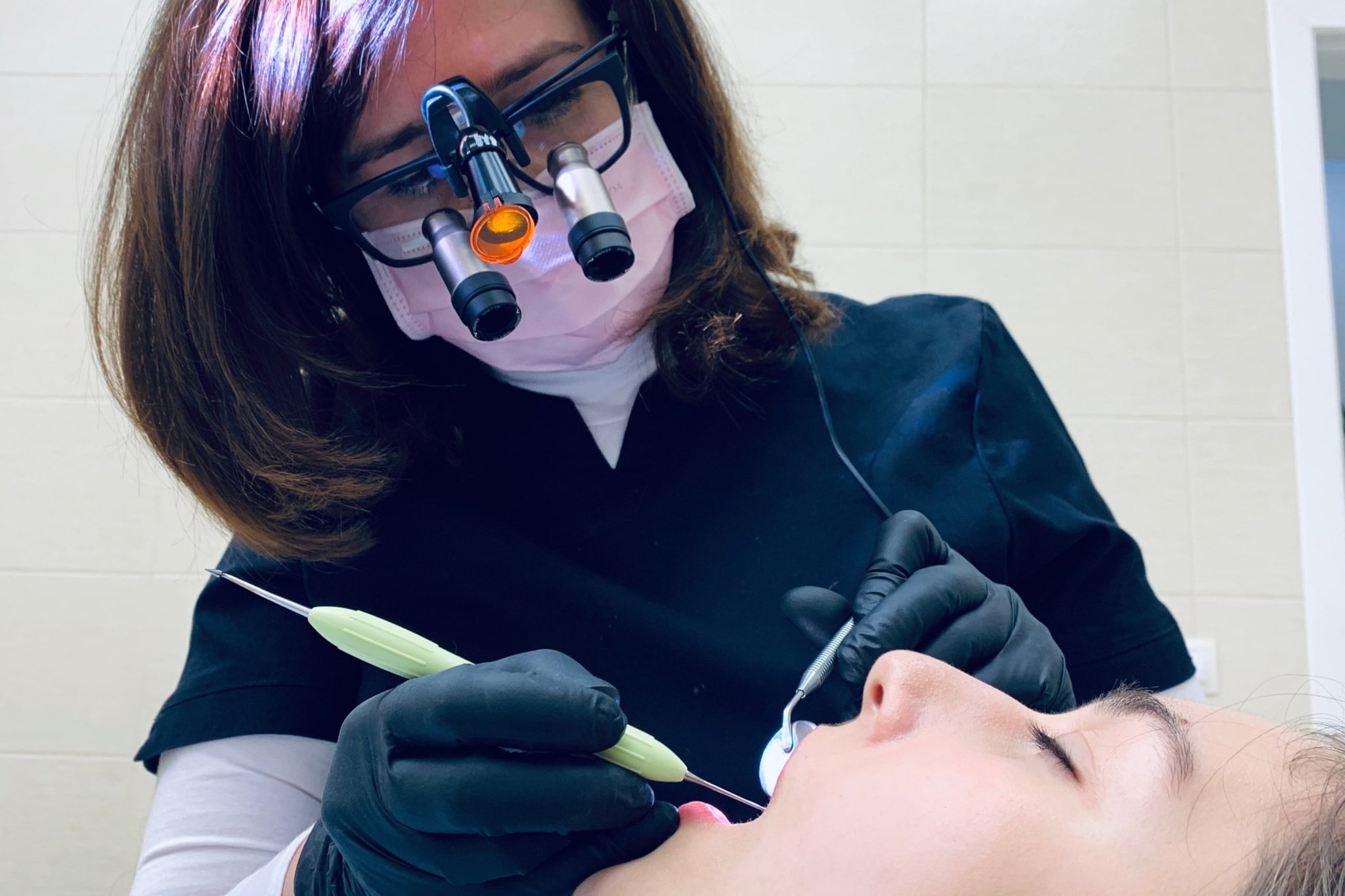
Whether you already had some orthodontic work done in your mouth or you’re thinking about getting some done in the near future, one question may cross your mind: how to make sure that you’ll retain your orthodontic results for as long as possible? Considering the price of these procedures and the importance of having a nice smile in more and more lines of work, nowadays, this question can’t be glanced over. Read what follows to know more about this subject, and if you have more questions after that, get in touch with Dr. Frédéric Lavoie – Orthodontiste.
Why is the Retention of Orthodontic Results so Important?
There are several important questions related to the orthodontic practice, including on ways to speed up the series of procedures required for a given treatment and how to select the best appliance considering one’s dental issues. While these matters are important, they become trivial if the results obtained by an orthodontic treatment go away in just a few months. Relapse is possible and sometimes unpredictable, and that’s the reason why quite a lot of orthodontists recommend to their patients to keep their retainers for as long as possible. It goes without saying that if they ask for this sort of long-term fix, orthodontists need to be absolutely sure that the retainers they recommend are safe and actually working.
Orthodontist Retention: an Evidence-Based Approach
An evidence-based approach implies that one is taking into consideration the best research results out there, including patients input and clinical expertise. The 2016 Cochrane Review that was looking at the best results and evidence regarding orthodontic retention came to the conclusion that there was no significant evidence that wearing thermoplastic retainers at all times produces better results (namely greater stability) than wearing these appliances part-time. Plus, there wasn’t sufficient quality evidence to make more precise recommendations, which frustrates a lot of clinicians. That being said, Cochrane’s use of the very stringent quality assessment protocol called GRADE (for Grading of Recommendation, Assessment, Development and Evaluation) may well be responsible for these lacklusters findings: indeed, it means that we can only formulate conclusions when we are absolutely sure that the results are trustworthy, and that doing more research in this field would be unlikely to change a given set of conclusions.
Investigating Retention with RCTs
RCTs remain to this day the standard used to compare different interventions, like different set of retainers, or retainers that offer no retention at all. While it’s generally easier to conduct, retrospective research leads to more bias and therefore produces less trustworthy findings. Retrospective studies are however particularly useful when it comes to report unusual side effects. A common example in retention research is the undesired side effect of bonded retainers that unexpectedly become active, leading to compromised periodontal support. The majority of current retention RCTs provide us with information after a period of 6 to 24 months. Recalling patients after several years to assess relapse is not easy. We need a better way to follow up with patients in the long term, which shouldn’t be an insurmountable task given our current technology.
The Importance of Asking the Right Questions
The Little’s Irregularity Index was the primary outcome measure provided by the Cochrane retention review. It has its flaws, sure but for most orthodontists, it provides a satisfactory measure of crooked teeth. But what about the patients? Asking patients to keep retainers for a longer period of time adds to the burdensome aspect of the treatment. They need to constantly wear and look after these appliances, as well as having them checked on a regular basis, replaced or repaired, which requires time and money. Future research may give us a better understanding of what patients value most about retainers and help orthodontists devise better treatment plans accordingly, but for now, there are no perfect recommendation or answer in this matter.
Is Retention Research Worth It?
Since we’ve established that retention research is a challenging exercise that provides limited responses, this question needs to be asked: is it even worth it? The answer is obviously yes, especially if we keep our focus on the outcomes that are the most beneficial to patients. Plus, it goes without saying that lasting results is the ultimate goal of orthodontic treatment, so we shouldn’t stop looking until we’ve achieved it.

